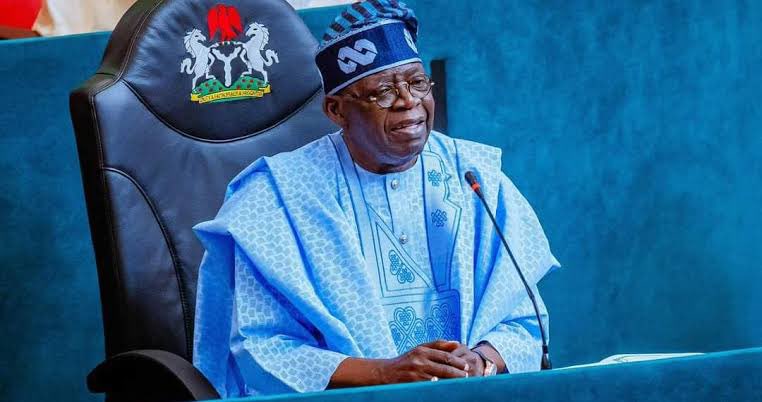President Bola Tinubu has urged African nations to adopt policies that support eco-friendly tourism and the preservation of cultural heritage across the continent.
Speaking through Vice-President Kashim Shettima at the opening of the 68th meeting of the UN Tourism Commission for Africa (CAF) in Abuja on Wednesday, Tinubu called for practical strategies and partnerships to boost investment in tourism infrastructure and enhance the sector’s contribution to achieving the Sustainable Development Goals (SDGs) in Africa.
He stated that Africa must position itself at the centre of global conversations on how to unlock tourism’s full economic potential.
Tinubu reaffirmed Nigeria’s commitment to sustainable tourism, acknowledging the unique challenges faced by African nations.
“By collaborating with regional bodies, such as the African Union, ECOWAS and UN Tourism, Nigeria encourages other African nations to adopt policies promoting eco-friendly tourism and preserving cultural heritage.
“This collaboration includes sharing best practices, tourism training, developing joint marketing campaigns for sustainable tourism and improving infrastructure to support intra-African travel.
“Through these regional initiatives, Africa can foster a continent-wide movement toward tourism that benefits both the people and the environment, driving long-term prosperity for Africa,” he said.
The President noted that tourism is more than visiting historic sites or natural wonders, describing it as an engine of local economies, a catalyst for social understanding, and a bridge connecting diverse cultures.
He pointed to the transformative role of technology and innovation in the sector, adding that the conference rightly focuses on the impact of artificial intelligence, innovation, and creative industries on tourism.
Highlighting Nigeria’s creative sector, Tinubu said music, film, fashion, literature and digital arts have become major drivers of economic growth, significantly contributing to the country’s GDP, job creation and diversification efforts.
“Nigeria’s Nollywood is one of the largest film industries in the world, generating substantial revenue from domestic and international markets. Similarly, the music and fashion industries have boosted Nigeria’s global cultural influence and created income and employment opportunities,” he said.
He stressed the need for collaboration between governments and the private sector to develop tourism, urging participants to propose practical and cooperative solutions that enhance intra-African travel, attract tourism investment, and empower local communities.
The President also called on participants to deepen tourism’s role in achieving the SDGs and ensure African tourism becomes central to global discussions.
The Minister of Art, Culture, Tourism, and Creative Economy, Hannatu Musawa, encouraged African nations to harness innovation, artificial intelligence, and creative industries to unlock their potential in global tourism.
“I am passionate about Nigeria and the mission and commitment of President Tinubu. I believe in it because of his vision for Nigeria, which I believe will enable the country to take a seat in the comity of global nations as a developed nation. I pray the same for every African nation, and urge us all to rise together,” she said.
She noted that Tinubu’s “Renewed Hope Agenda” is steering Nigeria’s sectoral transformation, emphasising that Africa must build people-driven economies through tourism, culture, the arts and the creative economy.
UN Tourism Secretary-General, Amb. Zurab Pololikashvi, praised the Tinubu administration for backing the transformation of Nigeria’s tourism industry.
He identified tourism as Africa’s future and described the continent as the world’s new tourism frontier, given its immense potential and opportunities for innovation.
Pololikashvi urged African leaders to improve regional connectivity by reviewing visa regimes to ease tourist movement across the continent.
Senator Ireti Kingibe, representing the Federal Capital Territory, called on African tourism stakeholders to think boldly and spotlight grassroots innovations.
“Today’s gathering is an opportunity to amplify the stories of home-grown innovations that attract tourists from the grassroots to the global stage. Let us use this space to exchange best practices, build cross-border collaborations and generate actionable strategies that place communities, especially women and youths, at the heart of our development agenda,” she said.
(NAN)


